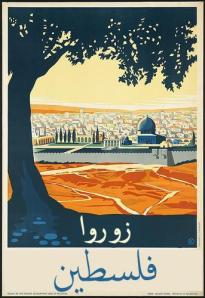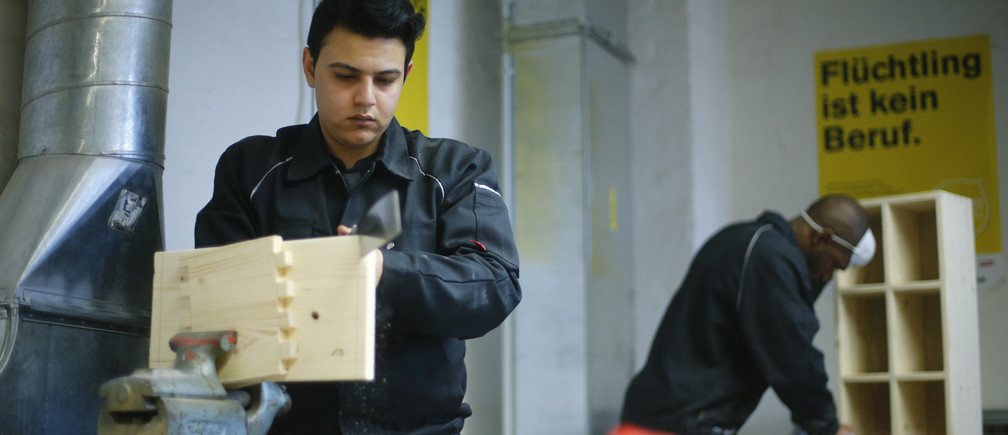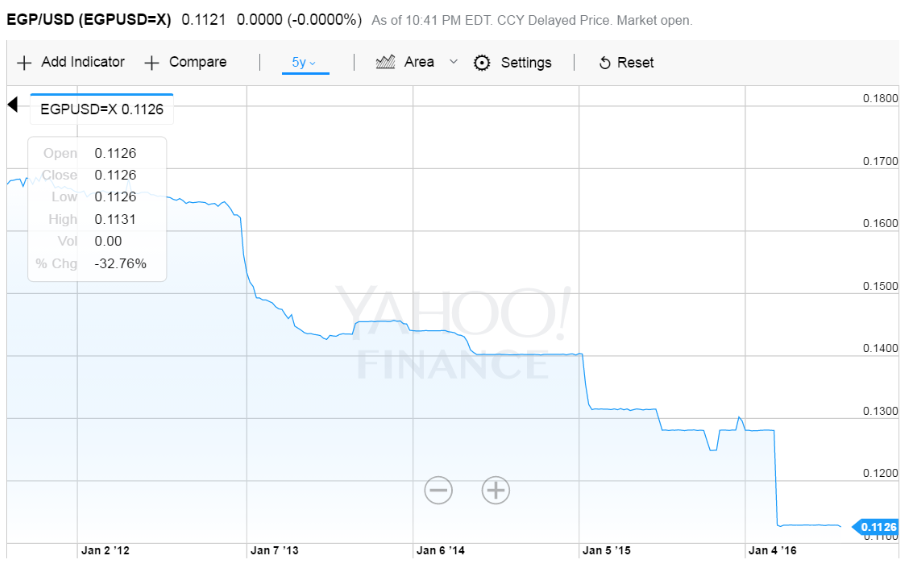P alestine is probably the only place where it is great to be Egyptian! Pats on the back, insistent coffee invitations, and even thumbs up from vegetable vendors and even two lunch invitations from pretty girls.. All in my first 48 hours here.
alestine is probably the only place where it is great to be Egyptian! Pats on the back, insistent coffee invitations, and even thumbs up from vegetable vendors and even two lunch invitations from pretty girls.. All in my first 48 hours here.
And I’m not even talking about the “Revolution effect” (whereby we are cool for having toppled a dictator!) but simply, “The Arab Effect”. Yep, Arabs are feted here!
“We’re always excited when Arabs come and visit. It’s very rare to see them here, and even less those from Arab countries who aren’t dual citizens…”
I then have to explain that it’s not for lack of affection vis-a-vis Palestine that we are capricious guests – it is, sadly, logistics.
North American and European citizens can get an Israeli visa on arrival. They are likely to be grilled by the customs officers if they have Arab-sounding names, but they’ll (probably) be let in eventually).
For us though, getting to Palestine necessitates an Israeli visa. Which, I believe, only Jordanians and Egyptians can apply for in their home countries. Other nationalities can apply in third countries, but (virtually) none ever do.
Getting an Israeli visa is no piece of cake – and the Israelis aren’t very generous with the stamp. But the larger worry isn’t the Israeli but the Egyptian (or Jordanian) authorities. Going to Palestine/Israel (which are the same unit as far as the Egyptian authorities are concerned) required a special permit, an exit visa if you will, which entails that you will be investigated, and possible called-in, by the State Security and Intelligence services. And it means that one will have at record with the State Security (or national security, to use the new name!) apparatus. The thought is dreadful enough to discourage most people.
Another concern keeping Arabs from visiting Palestine is that they refuse, out of principle, applying for the visa – getting permission from – the occupying country to visit.
I can relate to both concerns. For the longest time I vowed I would “only have an Israeli visa until I had a Palestinian visa on the preceding page”.
But it is, let’s face it, a long wait.
And as Dina, whom I met in Bethlehem, tells me, “It is also religiously acceptable to demand permission from one’s enemy when this is the only way”.
As for the former concern – well, it’s a choice. I’ve travelled to Palestine before and, well, we can’t let State Security frighten us into inaction. And we all know that’s always been one of their preferred methods of deterrence, of immobilization.
Why is it important for us as Arabs to get to know Palestine?
Well because it’s one thing to learn about resolutions 194, 242, peace conferences, politicians, and what have you – and quite another to walk the grounds of the Prophets and be greeted by their descendants.
Because you don’t know Bethlehem if you aren’t, at least once, bewildered by the cacophony of church bells and Azans as sundown brings along a breeze on Manger square.
Because your idea of the old city of Jerusalem shouldn’t be that of a virtual map with Muslim, Christian, Jewish, Armenian quarters and so on – but it should make you think of spices. And candy stores. And the “6 for 10 shekels!” vendors. And the religious tourists in “Hard Rock cafe Jerusalem” t-shirts taking turns to carry a wooden cross.
Because you should know Ramallah as the city where the streets around Manara square seem to always be gutted for some endless public works, not simply where the Government sits. Because you should know both where the Muqata – but also where the latest en-vogue restaurant are. And because you should curse the design/acoustics/location/whatever it is you don’t like about the Ramallah Cultural Palace, before forgetting all that and losing yourself in a beautiful poetry reading, exciting concert, or heartbreaking play.
Because Jenin should not only invoke memories of a massacre in a refugee camp, but also of thick, rich, greens woods and fresh pine-smelling breeze.
Because Jaffa shouldn’t be a hypothetical ‘land of oranges and lemons’, but also that of a great sunset on the beach and of incredibly tasty pastries from Abul Afieh.
And because Al-Aqsa and the Haram-al-Sharif mean nothing if you haven’t watched kids play football, families picnic, and men and women praying in the same common space in perfect harmony – and perhaps even prayed, outside on the esplanade, under the drizzle, and kissed the ancient stones as you prostrated on the ground, before socializing with the thousands of men and women whose ‘neighbourhood mosque’ is one of the most historically and spiritually-rich constructions in history.
I’d also add that, while here, one should also meet and acquaint themselves with Israel and Israelis – first as a highly important element in understanding the modern-day Palestinian dilemma, but also because confronting one’s preconceived ideas with reality is an irreplaceable experience. But that’s a different story altogether.
In the meantime though, I am giving you the message I’ve been asked to deliver by the wonderful people of this land: Arabs, all of you, if you can, don’t hesitate: Come to Palestine!
[Photo is a my edit to the famous 1936 ‘Visit Palestine‘ poster. Feel free to use and spread!]



